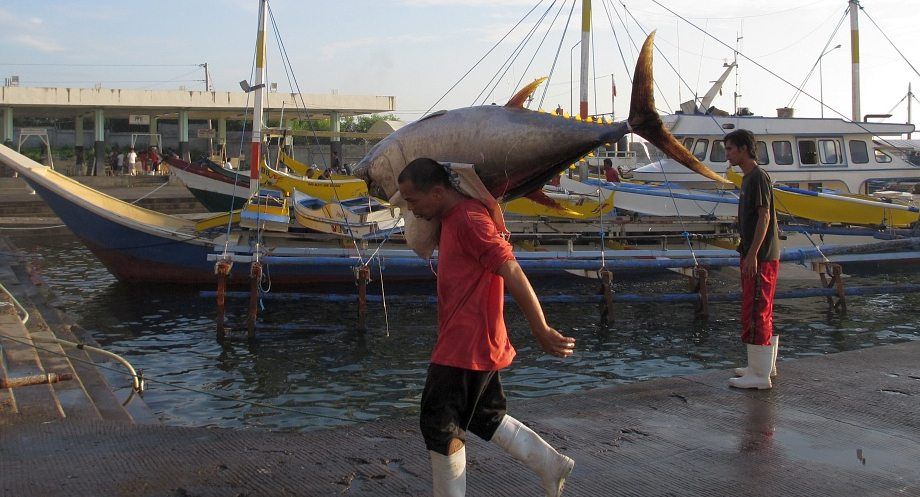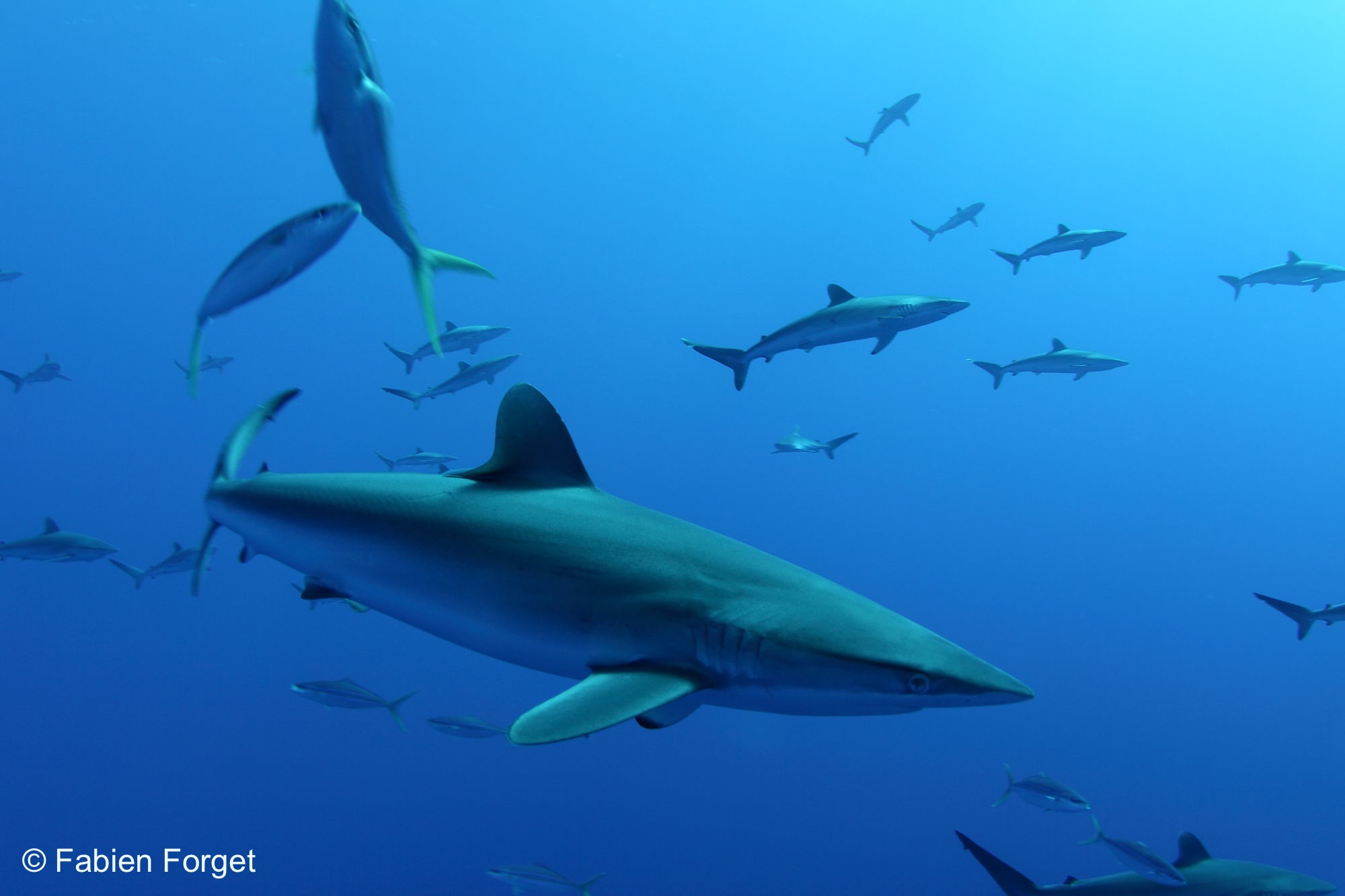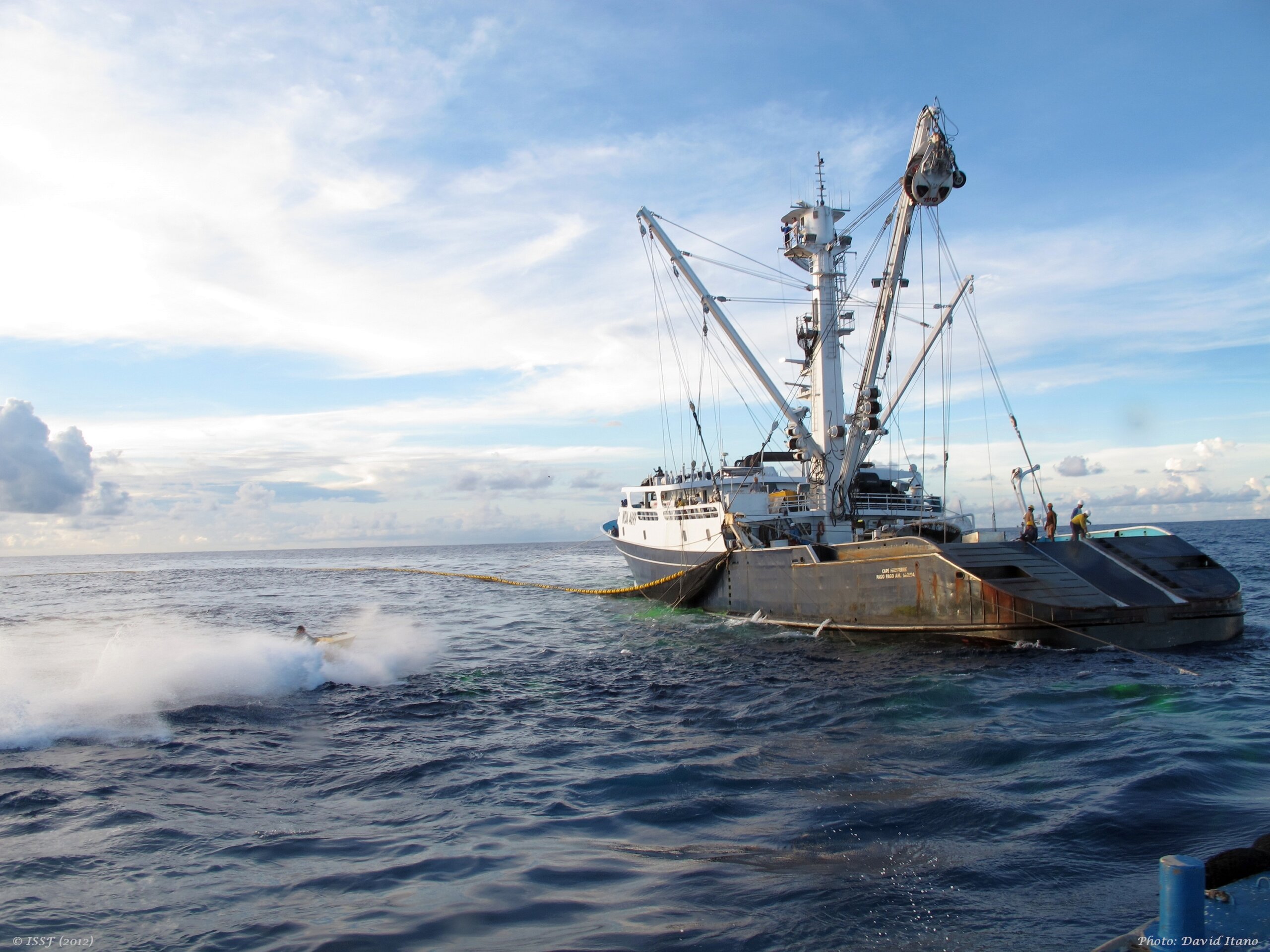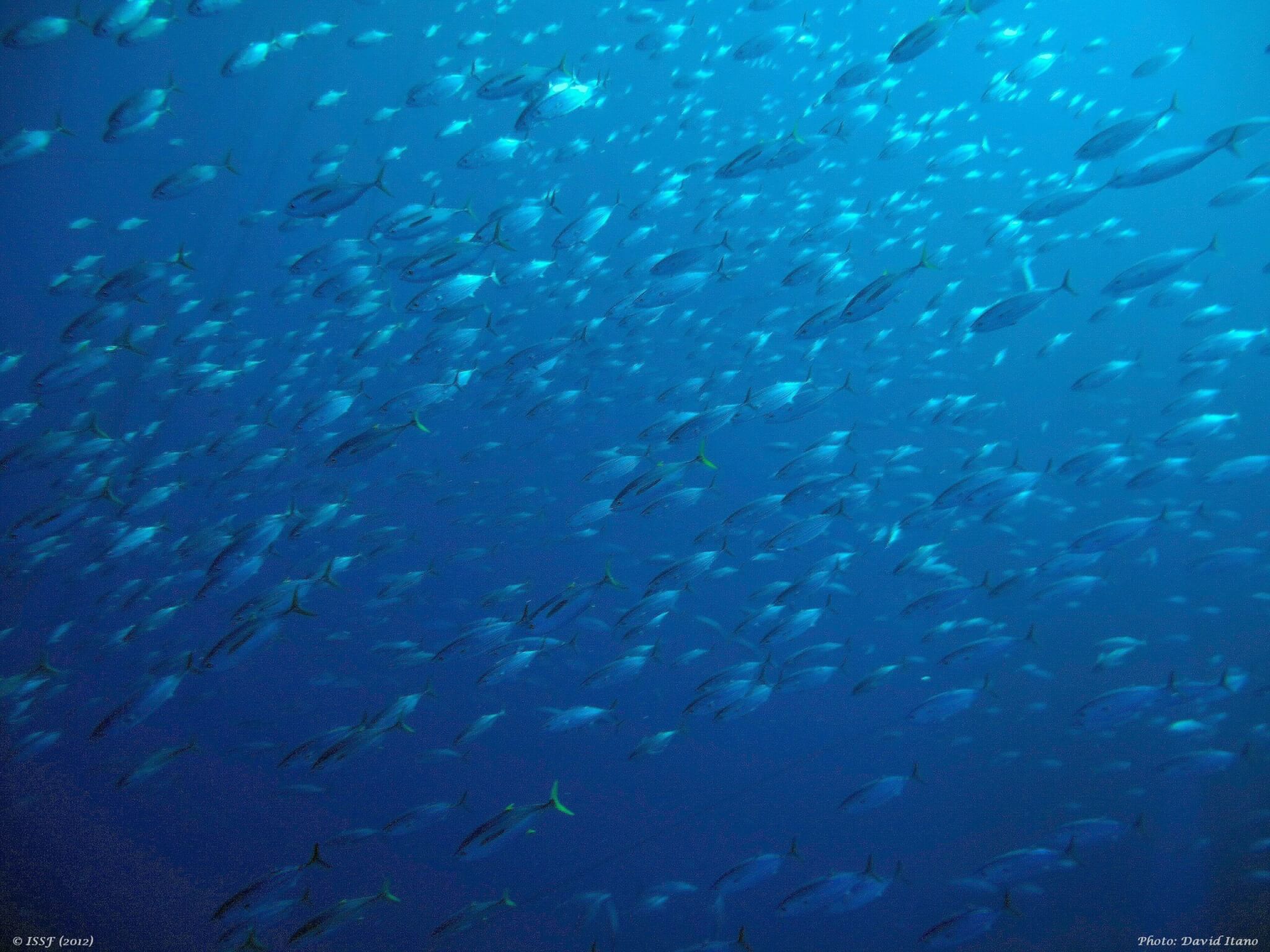
New ISSF Report Benchmarks Tuna RFMO Performance Against the U.N. FAO Agreement on Port State Measures (PSMA)
ISSF’s new report ISSF 2021-09: Port State Measures in Tuna RFMOs: Benchmarking RFMO Port State Measures Against the 2009 FAO PSMA and Identifying Gaps evaluates how well the port-State measures established by tuna regional fisheries management organizations (RFMOs) follow an overarching international standard enacted to deter illegal, unreported, and unreported (IUU) fishing.
In 2009, the Agreement on Port State Measures (PSMA) — a binding international agreement — was adopted through the Food and Agriculture Organization of the United Nations (FAO). The PSMA was designed to give port States a minimum set of standards for Parties to apply when making decisions about foreign-flagged fishing vessels that want to enter or are already in their ports. PSMA principles, standards, and measures are intended to harmonize — across ports worldwide — procedures for notification and inspection, data reporting and exchange, and denial of port entry, for example, while also enhancing national, regional, and global cooperation.
Our new report outlines how tuna #RFMOs can align their port-State measures with the PSMA — an international agreement adopted through @FAO — to combat #illegal #fishing. Share on X“For more than a decade, the PSMA has set the standard for port States to detect and investigate IUU fishing, report on their inspections, and share data to prevent illegally caught fish from entering the seafood supply chain. But in order for this to work effectively globally, stronger and more consistent implementation is needed by all port States,” explains report author Holly Koehler, Vice President, Policy & Outreach, International Seafood Sustainability Foundation (ISSF).
“In the case of tuna, one of the most highly traded fisheries products that is caught in all oceans, the RFMOs responsible for tuna management have not incorporated those standards consistently or fully into their own measures — or, in the case of one RFMO, even adopted port State measures at all. Our report prioritizes the changes each RFMO should make to strengthen its measure by more closely aligning it with the PSMA — thereby improving fisheries management, flag State performance and international efforts to combat IUU.”
Through detailed analysis of the port-State measures adopted by CCSBT, IOTC, WCPFC and ICCAT, the report identifies not only key areas of difference among these RFMO measures but also each measure’s gaps with PSMA implementing principles and operating standards provisions. These gaps fall into three areas:
- Operational gaps, including no requirements applicable to foreign-flagged vessels entering any non-designated port; no requirements for information to be submitted in advance for port entry; no denial of port entry or use provisions; no harmonized priorities for inspections of vessels in ports; and a lack of minimum inspection levels
- Information gaps, including no explicit requirements for port States to report on the denial of port entry or use by a vessel; and no obligation to report on all port inspections, not just those where violations are found
- Implementation gaps, including a lack of minimum standards for port inspections, training and/or minimum standards for those data to be included in inspection reports
IATTC is the only tuna RFMO that has not yet adopted a regional port State measure.
The report also outlines priorities for advocacy by stakeholders on improving port State measures for each of the tuna RFMOs.
RFMO Best Practices Reports and Snapshots
Port State Measures in Tuna RFMOs is the latest RFMO best-practices analysis report from ISSF. The other reports in the series, which is updated annually, are:
- Survey of Human Observer Programs for Purse Seine Vessels and a Set of Best Practices
- RFMO Vessel Monitoring Systems: A Comparative Analysis to Identify Best Practices
- Survey of the Treatment of Support/Supply/Tender Vessels in Tuna RFMOs
- Tuna RFMO Compliance Assessment Processes: A Comparative Analysis to Identify Best Practices
- Tuna RFMO Authorised Vessel Lists: A Comparative Analysis to Identify Best Practices
- Combatting IUU Fishing: Continual Improvement and Best Practices for IUU Listing Measures in Tuna RFMOs
- Transshipment: Strengthening Tuna RFMO Transshipment Regulations
- Recommended Best Practices for FAD Management in Tropical Tuna Purse Seine Fisheries
ISSF also publishes companion “snapshots,” which compare RFMO performance in adopting best practices. A snapshot based on Port State Measures in Tuna RFMOs is in preparation.


